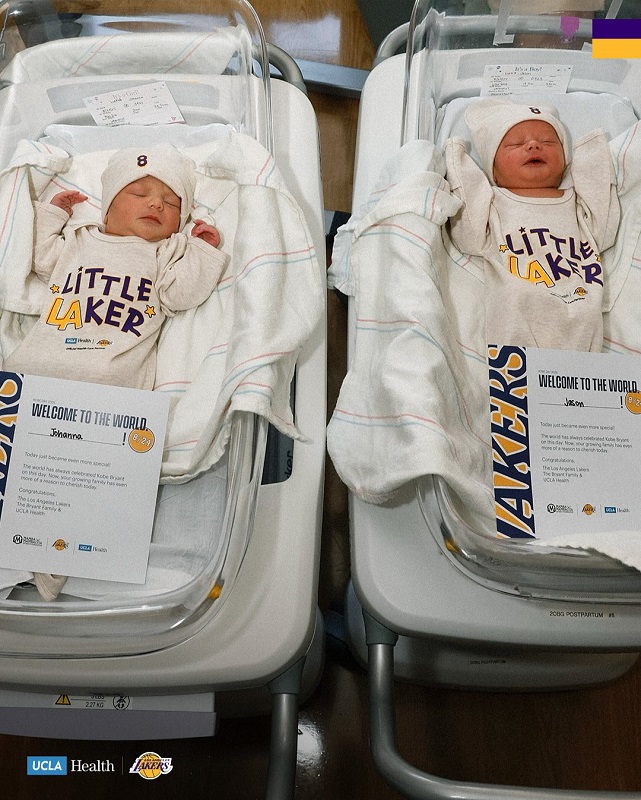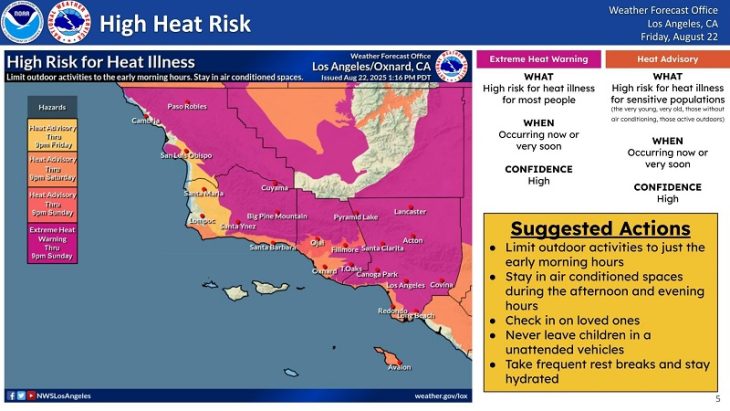Los Angeles County Investigates Low-Level H5 Avian Flu Detected in Wastewater
The Los Angeles County Department of Public Health is investigating potential sources of the H5 strain of avian influenza, detected for the first time at a low level in the county’s wastewater. H5N1, a type of avian flu virus that has been spreading among birds and mammals nationwide, has raised concerns despite a low risk to residents and no human cases in Los Angeles County.
Health officials emphasize that the overall risk to Los Angeles County residents remains minimal, with no evidence of human-to-human transmission of H5N1 in the United States. However, the county is taking proactive steps by working with dairy and meat processing sites to trace potential sources of contamination. The virus could have entered the wastewater system via animal droppings, discarded contaminated animal products, or infected animals.
However, the USDA also announced this week that the Oregon Department of Agriculture found a pig on Friday, Oct. 25, which was the first H5N1 detection in Crook County, Oregon. On Tuesday, Oct. 29, the USDA National Veterinary Services Laboratories also confirmed that one of the farm’s five pigs would be infected with H5N1, marking the first detection of H5N1 in swine in the United States.
Pigs are considered “mixing vessels” which is a theory that swine can be infected with viruses that originate from birds. Once pigs are infected, mixing with the mammalian DNA of pigs the avian virus can create a novel strain that can then infect human beings through direct or indirect contact.
Routine surveillance, including wastewater sampling, is part of Public Health’s infectious disease monitoring. The H5 strain has previously been detected in both northern and southern California wastewater and identified at over 200 dairy locations across the state. Sixteen human cases have been reported in California, and health authorities, in collaboration with state and federal agencies, continue to closely monitor the situation. The United States has 41 reported human cases in total.
Though human risk is low, Public Health is advising residents to follow best practices when around animals or handling animal products:
- Avoid eating raw milk, raw cheeses, and undercooked meats.
- Limit unprotected contact with sick or dead animals and materials contaminated by bird feces, which can spread the virus.
- Observe wild birds from a distance and avoid handling them. If handling is necessary, practice good hand hygiene and consider wearing a mask.
- Report sick or dead birds to local animal control agencies, as birds infected with H5N1 may appear healthy or exhibit symptoms such as inability to fly, seizures, difficulty walking, or sudden death.
- Secure areas where pet birds or poultry are housed to prevent wild bird access.
- Take down bird feeders and communal bird baths to reduce the risk of bird-to-bird transmission.
Pet owners should keep animals away from sick or deceased birds, as mammals like dogs and cats are at some risk of infection if they consume infected birds. Health officials are also recommending that residents with potential exposure to infected birds or animals receive a seasonal flu vaccine to lower the risk of simultaneous infection with both human and bird flu viruses.
Avian flu encompasses a range of influenza A viruses that primarily infect birds but can also spread to animals like cats, cows, and seals. H5N1 has been linked to outbreaks across various bird and mammal species in the U.S. and is being closely monitored as it marks the first known spread of bird flu to cows.
Symptoms of H5N1 in humans can include:
- Respiratory symptoms: cough, sore throat, runny or stuffy nose
- Body aches, headaches, and fatigue
- Fever (though it may not be present in all cases)
- Eye redness or conjunctivitis
- Gastrointestinal symptoms: diarrhea, nausea, vomiting
- Shortness of breath
For more information, visit our websites:
Avian flu in animals: publichealth.lacounty.gov/vet/HPAI.htm
Avian flu in humans: ph.lacounty.gov/acd/diseases/h5n1.htm
Residents with questions or seeking clinic information can reach the Public Health InfoLine at 833-540-0473, available daily from 8:00 a.m. to 8:00 p.m.
























